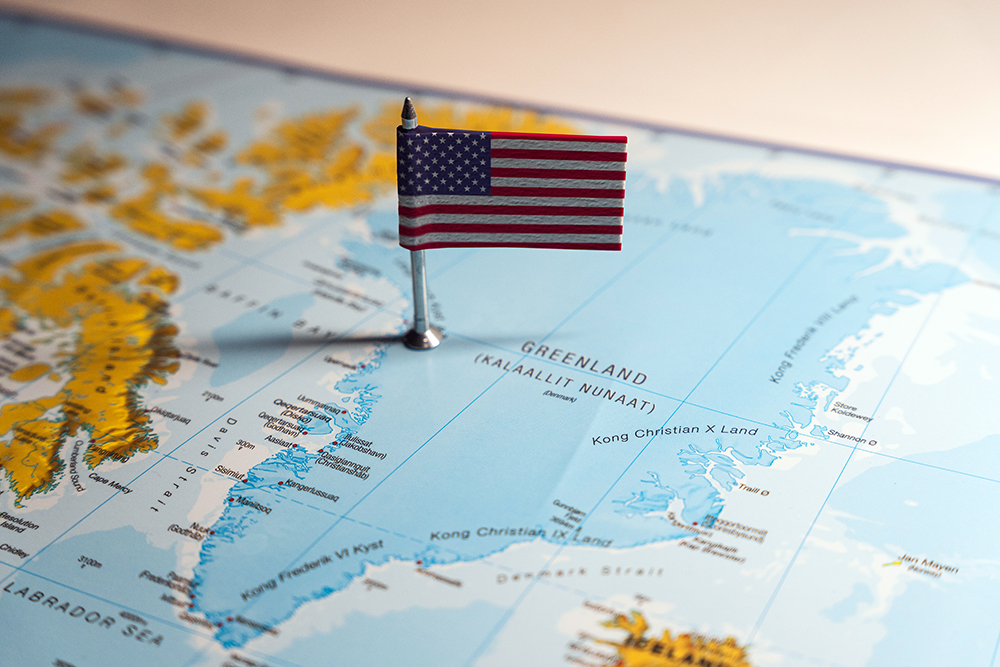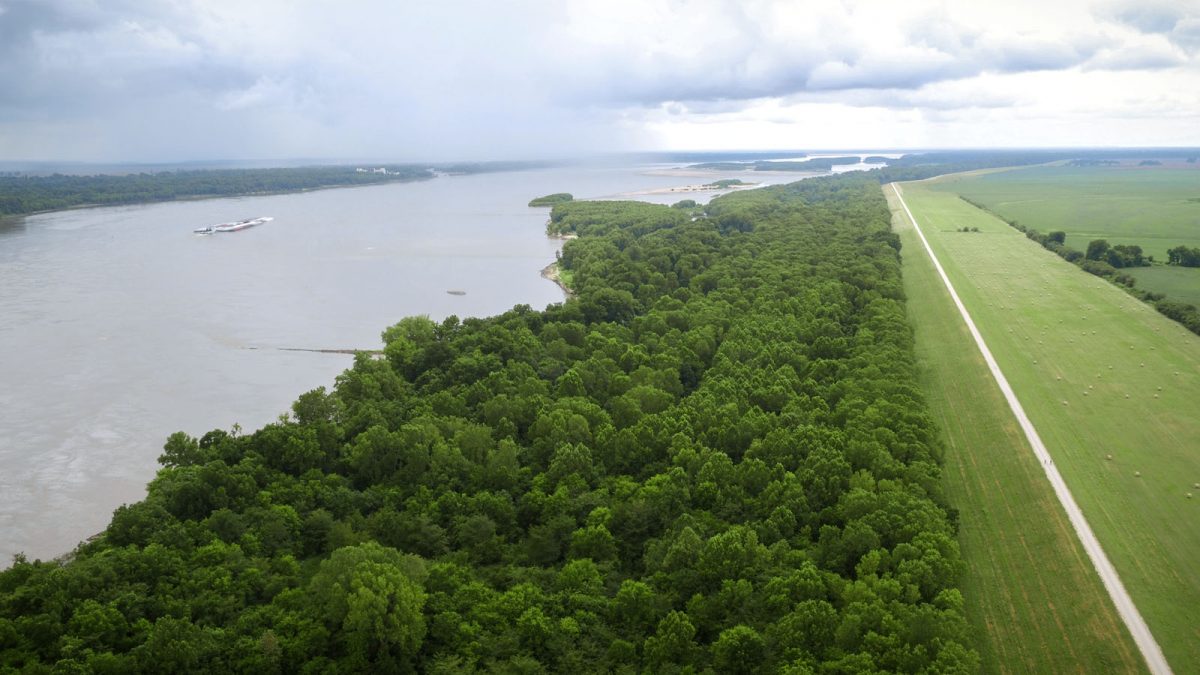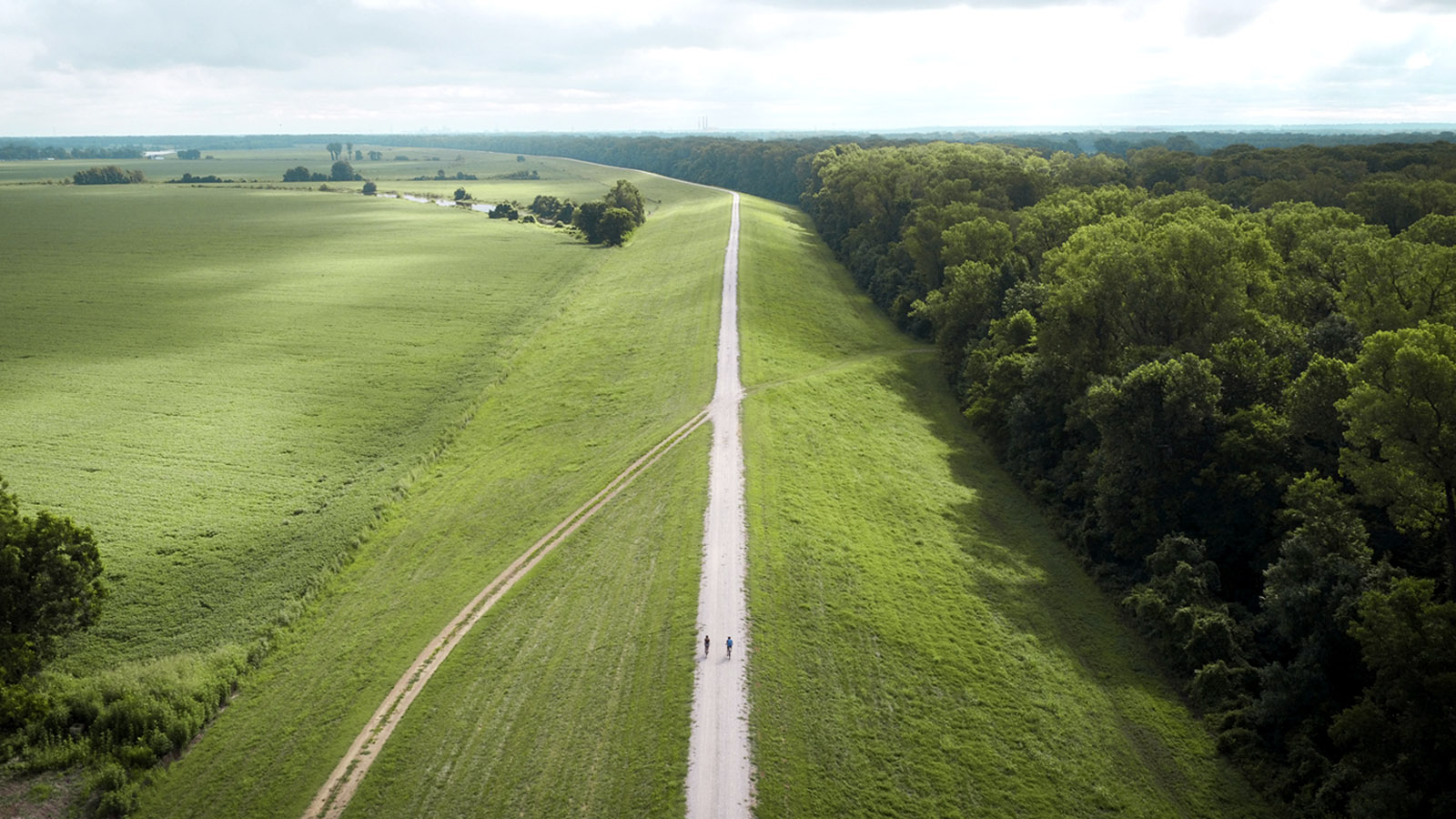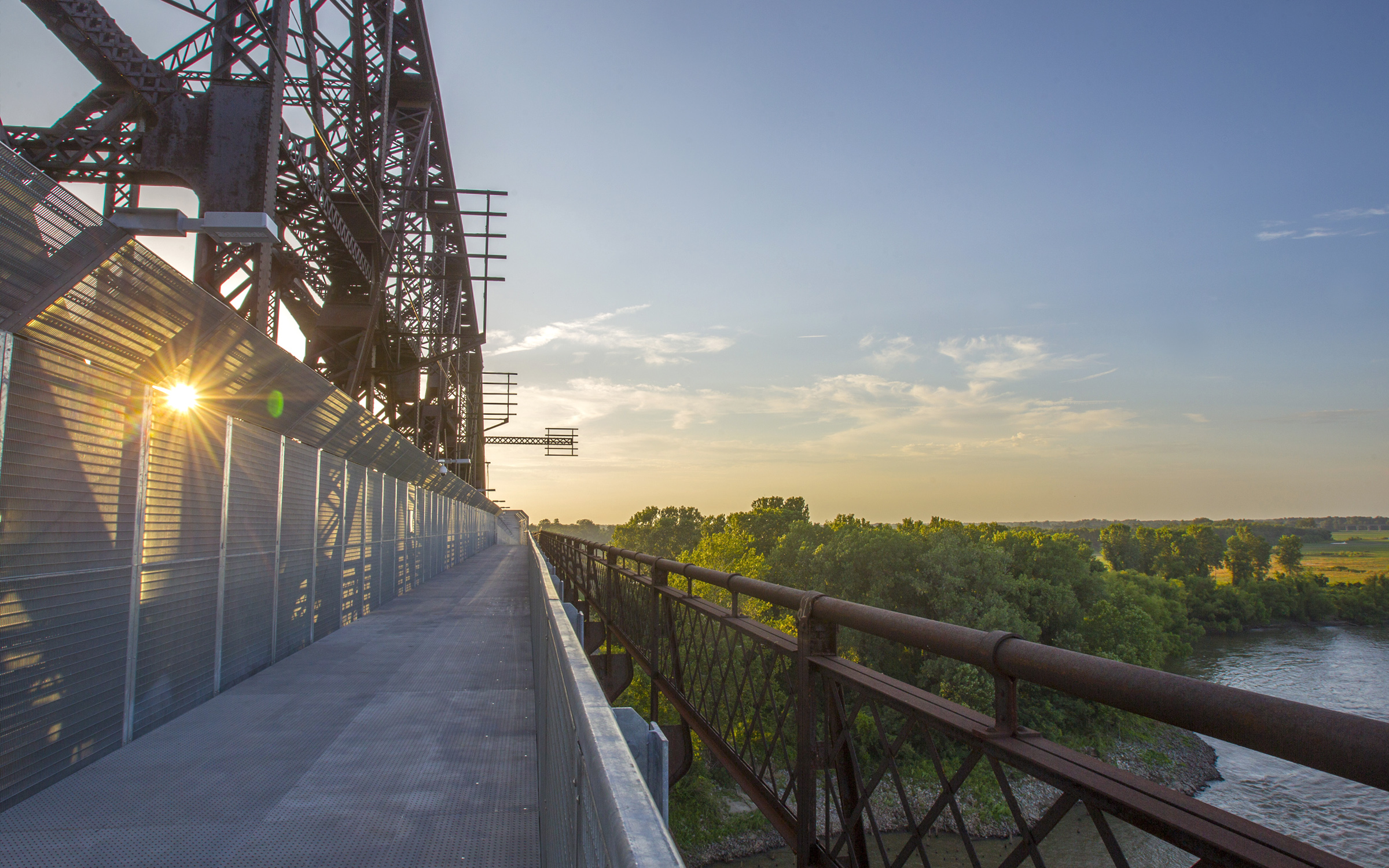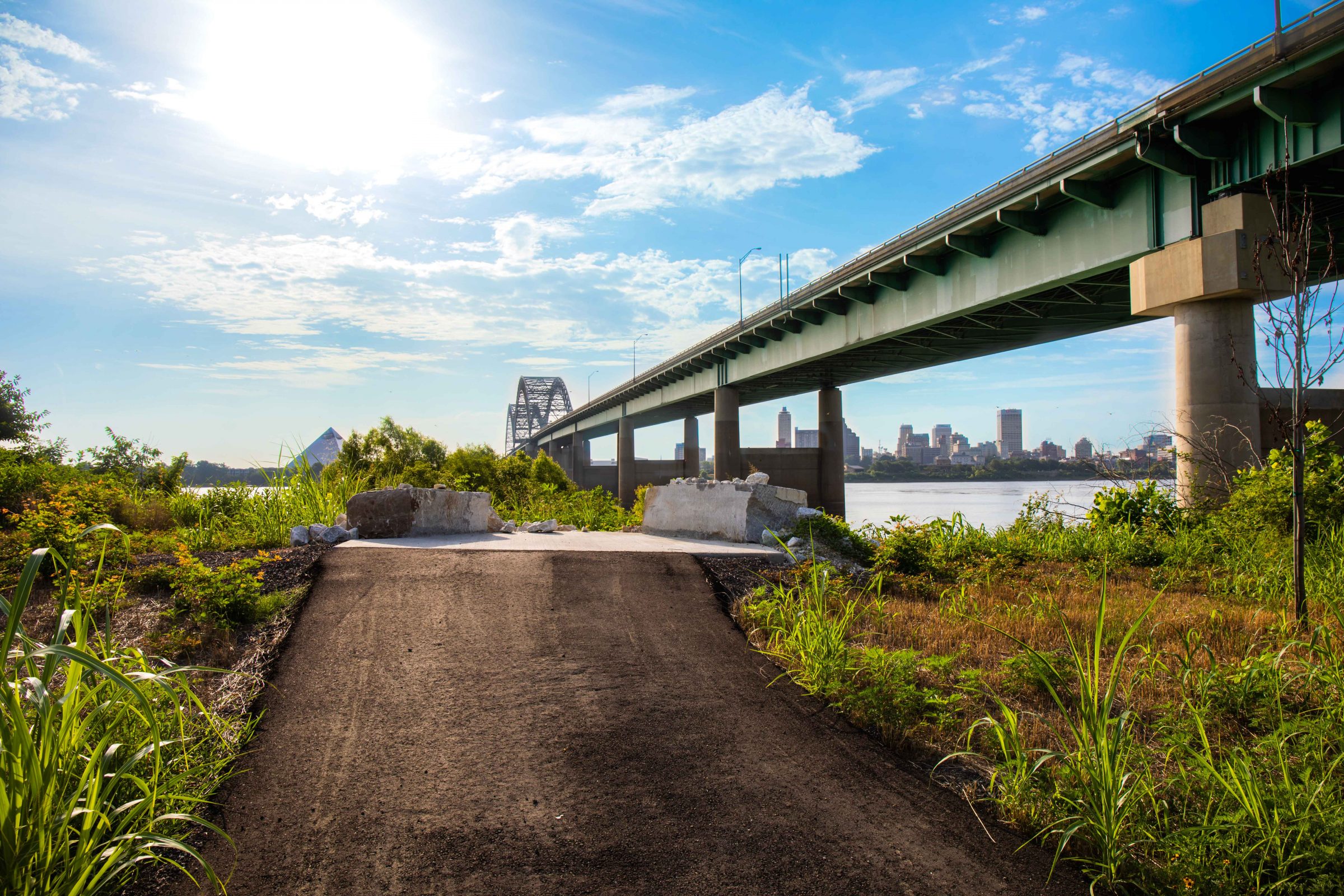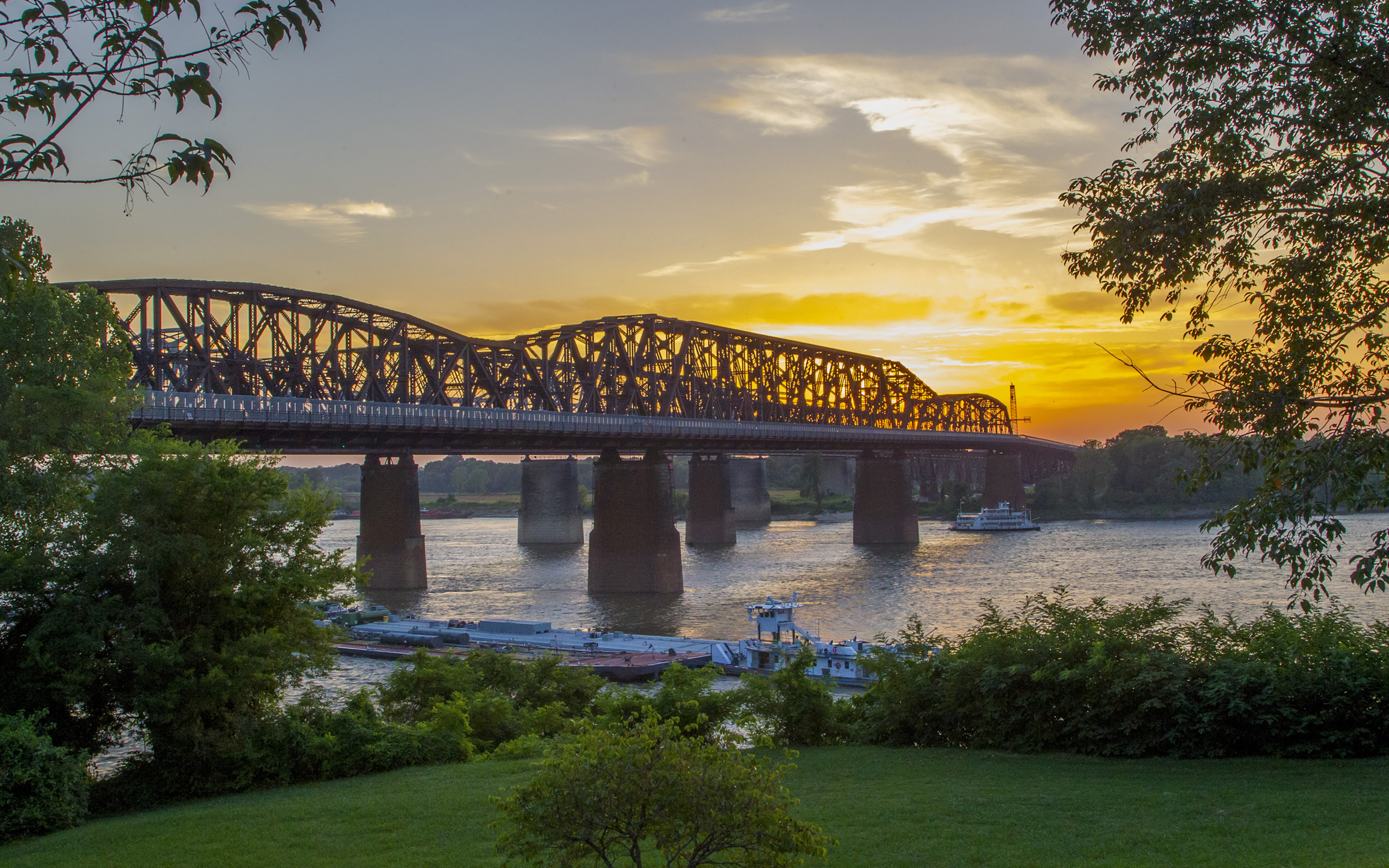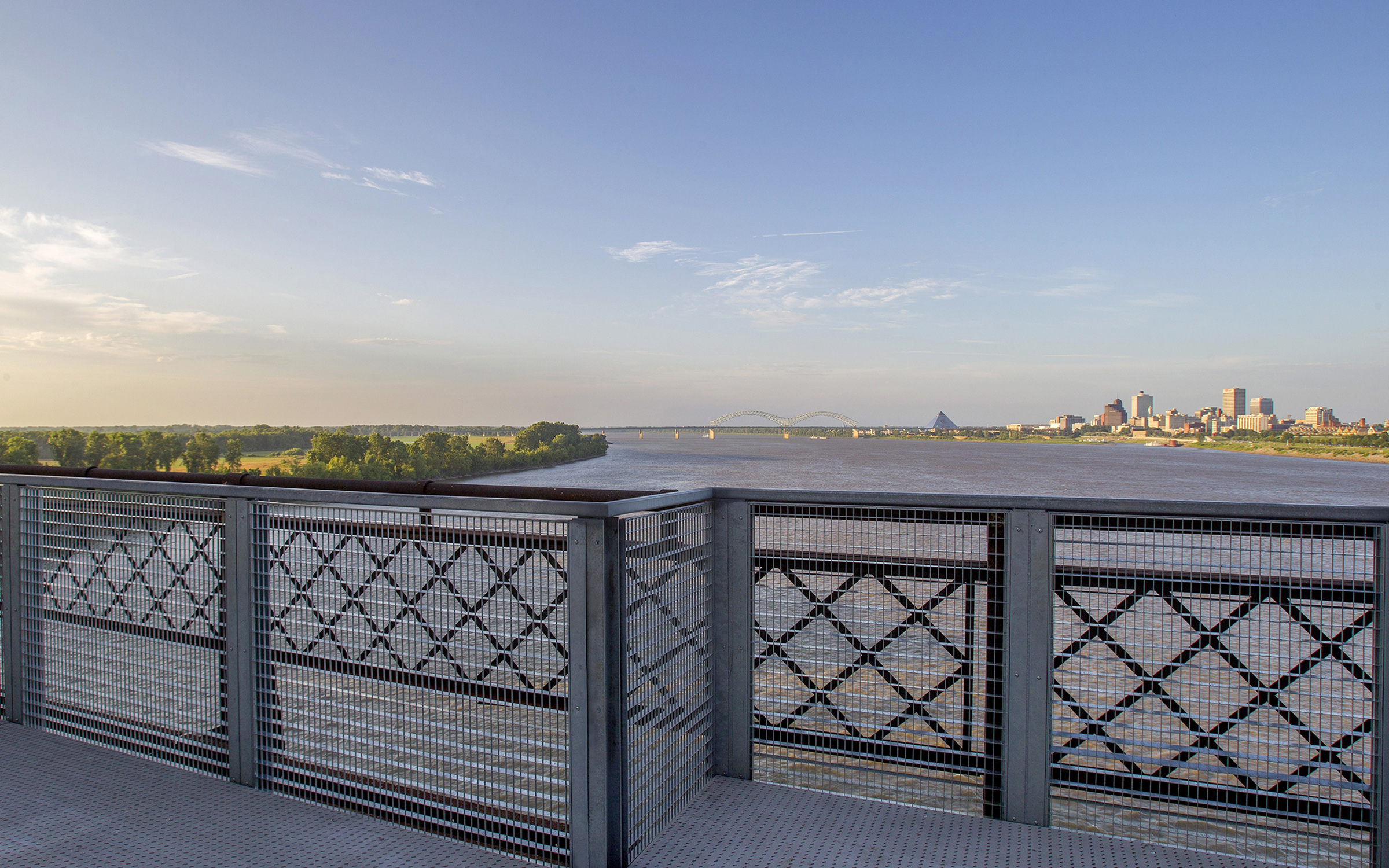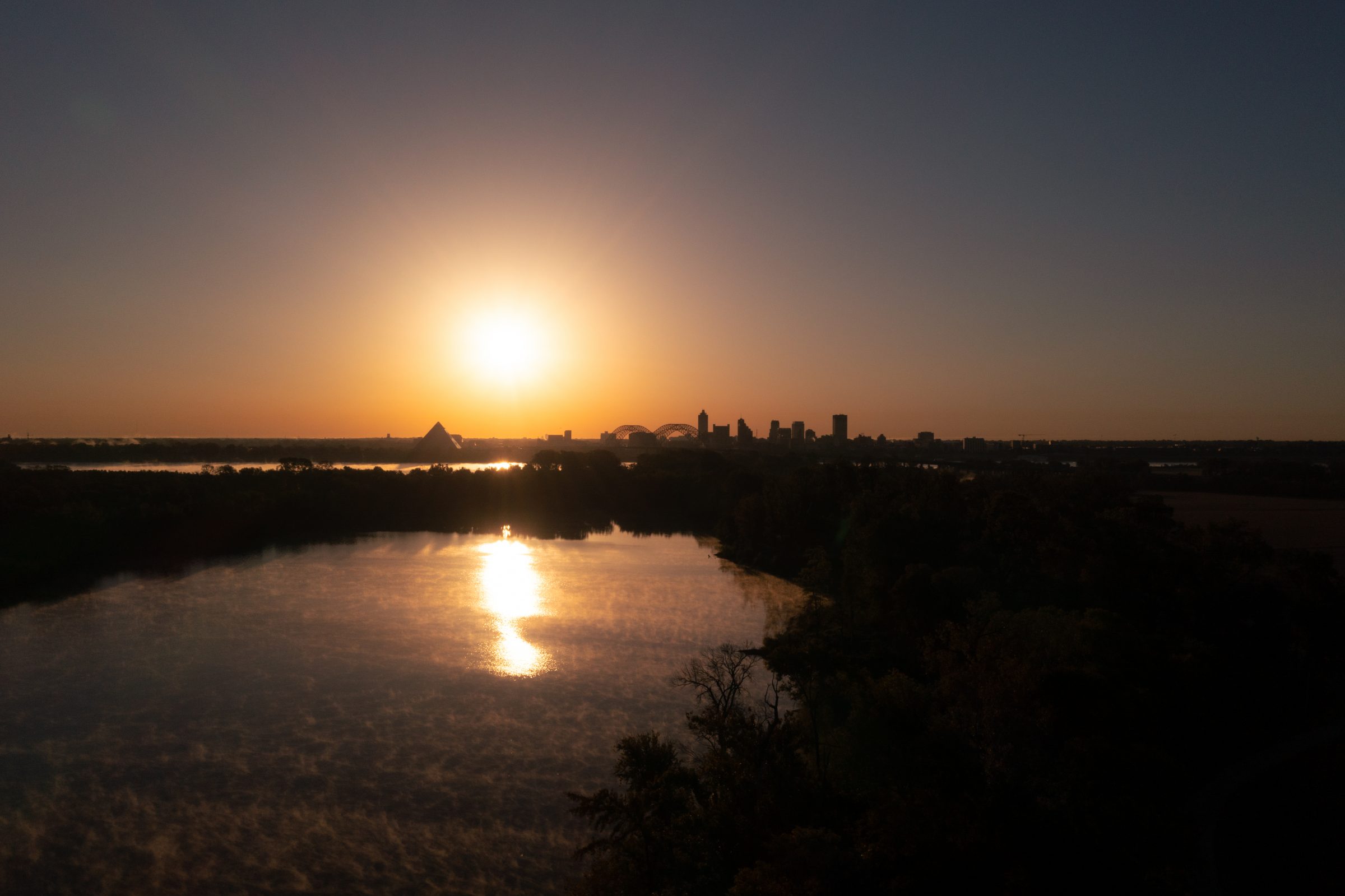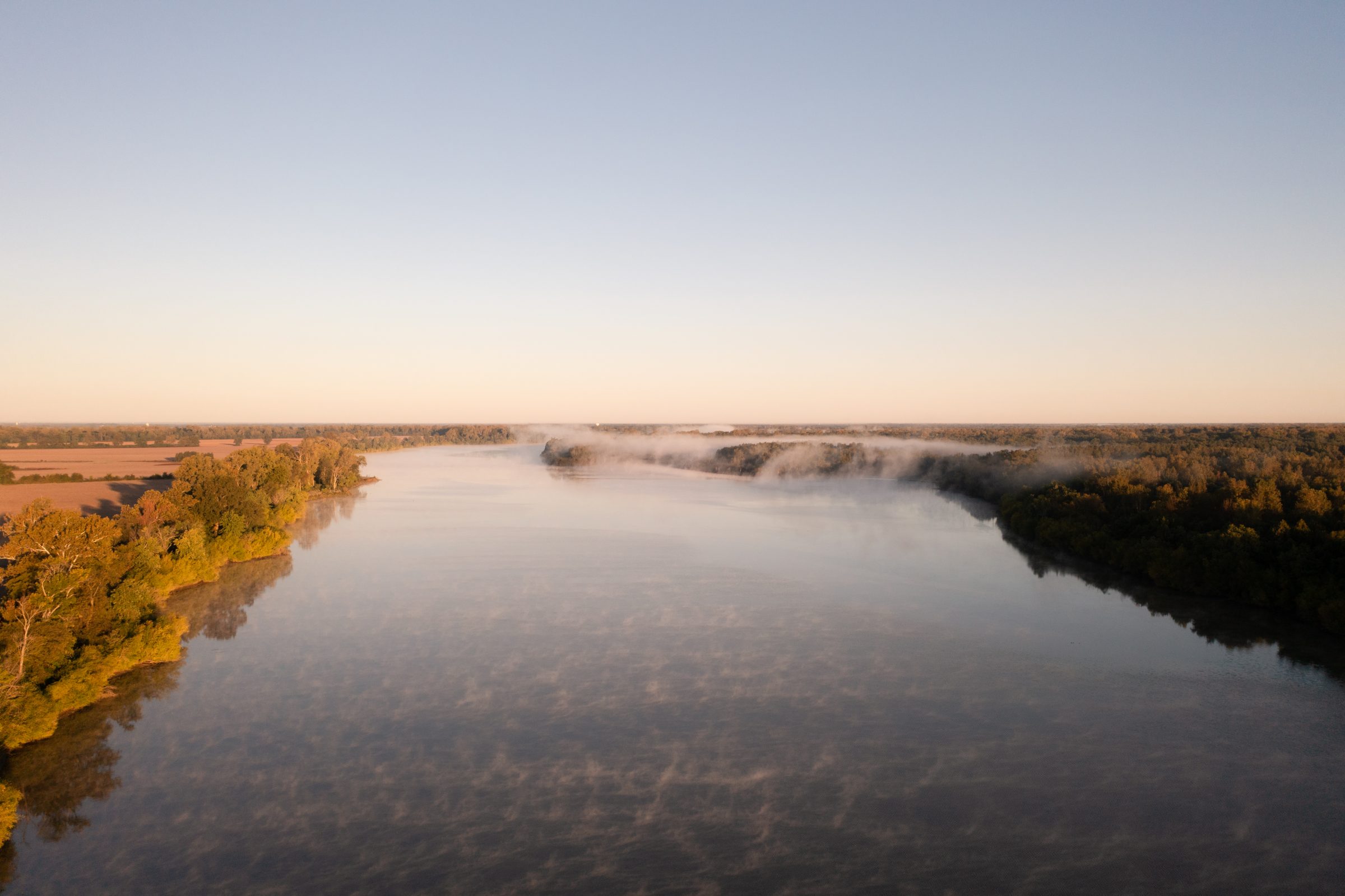If you had Greenland being invaded by the United States on your 2025 bingo card, congratulations! You may be a winner. The Financial Times reported last Friday on a 45-minute phone call made by Donald Trump, the newly elected president of the U.S., to Mette Frederiksen, the premier of Denmark, a longtime NATO ally. The results weren’t encouraging.
According to the Financial Times, Frederiksen “emphasized” to Trump that the world’s largest island — a self-governing territory of the kingdom of Denmark — was not for sale. That apparently went about as well as you would expect, given the intellectual maturity of our current commander in chief.
The FT spoke to “five current and former senior European officials” who had been briefed on the call, each of whom said the conversation had gone badly. Trump was “aggressive and confrontational,” said one of the officials. “He was very firm. Before, it was hard to take it seriously. But I do think it is serious, and potentially very dangerous.”
You have to forgive the Danes for being a bit shocked. They have had dibs on Greenland for a long time — since 986 A.D., to be semi-exact. That’s 1,039 years, certainly long enough to have gotten a little attached to the place. Now, out of the blue, comes a call from the leader of the most powerful nation on Earth and his message is, basically, “Gimme your biggest piece of land.”
To quote The Don more precisely: “People really don’t even know if Denmark has any legal right to it, but if they do, they should give it up because we need it for national security.” Simple as that. Give it to us because we “need” it. It’s a geopolitical version of The Godfather. “It’d be a shame if something were to happen to your cute little kingdom, Mette. So hand over the island, capiche?” She’s lucky she wasn’t in the same room with him. No telling what he would have grabbed.
The truth is, “people” actually do know if Denmark has a right to Greenland. And the answer is yes, they do — and have for over a millenium. Equally true is the fact that the United States has absolutely no claim to the place. Zero. Yet Trump is on record as saying he wouldn’t rule out military action to seize Greenland, which is an act of war. Forcibly taking the territory of one of our NATO allies is such a bonkers concept that some pundits are writing that Trump is just posturing — playing three-dimensional chess — in order to distract us from his horrible cabinet appointees and batshit presidential orders by making these outlandish (Ha-ha!) feints at taking sovereign territory from our allies.
Nope. He’s not that clever. Yes. He really does appear to be that delusional.
According to the NATO treaty, an act of aggression toward one NATO member is seen as an attack on all members. So what Trump is dancing around by threatening Denmark is a circumstance that could put the U.S. in a military stare-down against Great Britain, France, Germany, and all the other NATO powers. Like World War II, only this time we’re the bad guys.
Trump seems to see Greenland, like Canada (who he’s pitched as a “51st state”), and the Panama Canal (“We’re taking it back.”), as nice additions to his North American Monopoly collection. Oh, and we’ve renamed the Gulf of Mexico because why not? (No word yet on whether my hometown of Mexico, Missouri, will become America, Missouri.)
If it weren’t so insane, all of this would be comedy gold, ripe material for a wacky Broadway farce: The Emperor Has No Clues. But imagine how terrifying all this is to the rest of the world. Imagine how we’d feel if China or Russia or some other nuclear power was suddenly being led by an erratic buffoon who was calling Australia and demanding they hand over New Zealand.
To most of the other civilized countries on planet Earth, the United States appears to have lost its freaking mind. How do you begin to comprehend a country that elects Barack Obama, then Donald Trump, then Joe Biden, and then Trump again? It’s not normal. None of this is normal. We’re all in Greenland now.
